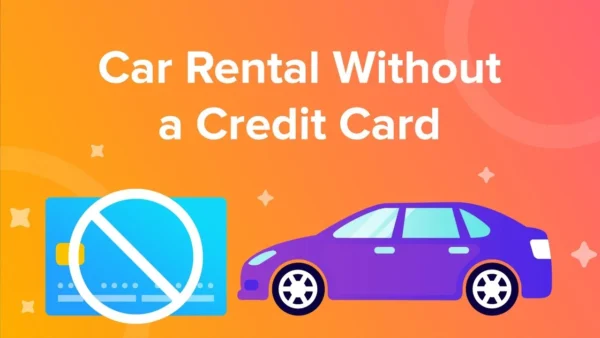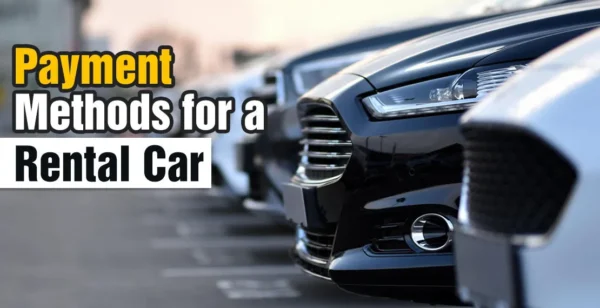Leasing a car can be a convenient and cost-effective way to drive a newer vehicle without the long-term commitment of buying. However, if you have bad credit, you may wonder whether leasing is even an option. The short answer is: yes, you can lease a car with bad credit, but there are some important considerations and potential hurdles to keep in mind.
What Is Considered Bad Credit?
Before diving into leasing options, it’s important to understand what qualifies as “bad credit.” Credit scores typically range from 300 to 850. Here’s a general breakdown:
- Excellent: 750 and above
- Good: 700–749
- Fair: 650–699
- Poor: 600–649
- Very Poor: 300–599
Most car leasing companies prefer a credit score of at least 700. However, having a score below that doesn’t automatically disqualify you—it just means you may face additional challenges or costs.

Challenges of Leasing with Bad Credit
Leasing a car with bad credit can come with a few obstacles. Here are some of the most common:
- Higher Interest Rates: With bad credit, you may be offered a lease with a higher money factor, which is the leasing equivalent of an interest rate.
- Larger Down Payment: Dealers may ask for a bigger upfront payment to reduce their risk.
- Limited Vehicle Options: You may not qualify for leasing promotions on premium models or luxury brands.
- Need for a Co-Signer: Some lessors may require a co-signer with good credit to approve your lease.
While these hurdles can be discouraging, they are not insurmountable. With some planning and strategic decisions, it is still possible to lease a car with poor credit.

Steps to Lease a Car with Bad Credit
If you’re determined to lease a vehicle despite having bad credit, follow these steps to increase your chances of approval and secure the best possible deal:
1. Check Your Credit Report
Start by reviewing your credit report from the three major credit bureaus: Experian, Equifax, and TransUnion. Look for any inaccuracies or outdated information that might be hurting your score. Disputing errors and settling delinquent accounts can give your credit a boost.
2. Save for a Larger Down Payment
Offering a larger down payment reduces the lessor’s risk and increases the likelihood of approval. It also lowers your monthly payments and the total amount financed.
3. Consider a Co-Signer
If you have a trusted family member or friend with strong credit, they can co-sign the lease to help you qualify. Keep in mind that the co-signer is equally responsible for the lease, so it’s important to maintain your payments to avoid damaging their credit.
4. Choose a Less Expensive Vehicle
Opting for a more affordable model can make it easier to get approved. Economy cars, base models, and brands known for reliability are often more accessible to those with bad credit.
5. Shop Around
Don’t settle for the first offer you receive. Visit multiple dealerships and inquire about their leasing programs for customers with bad credit. Some dealers work specifically with subprime borrowers and may have more flexible requirements.
6. Be Honest and Transparent
When speaking with dealers or leasing agents, be upfront about your credit history. Providing context, such as job stability or recent efforts to improve your finances, can help build trust and increase your chances of securing a lease.

Alternative Options If Leasing Isn’t Feasible
If you find that leasing is too expensive or your credit is preventing you from getting approved, consider the following alternatives:
1. Buy a Used Car
Purchasing a reliable used vehicle outright or with a subprime auto loan might be a better financial decision. Used cars often have lower prices, and some lenders specialize in bad credit auto financing.
2. Lease Takeover
A lease takeover, also known as a lease transfer, involves assuming the remainder of someone else’s lease. These deals can sometimes be obtained with less stringent credit requirements, especially if the original lessee is motivated to get out of the lease quickly.
3. Improve Your Credit First
If you’re not in urgent need of a car, consider taking some time to build your credit. Pay down debts, make timely payments, and avoid new credit inquiries. Even a small improvement in your credit score can result in better lease terms down the line.

Benefits of Leasing a Car with Bad Credit
While it’s not without its drawbacks, leasing a car—even with bad credit—can offer several advantages:
- Lower Monthly Payments: Leasing typically costs less per month than financing a new car purchase.
- Access to Newer Vehicles: Leases allow you to drive a newer model with the latest features and warranties.
- Potential Credit Improvement: Making consistent lease payments can help rebuild your credit over time.
Tips for Success
To make your car lease experience as smooth as possible, keep the following tips in mind:
- Always read the lease agreement carefully and understand all terms.
- Avoid overextending your budget just to lease a newer or luxury car.
- Consider gap insurance, especially if your credit terms require a high-interest rate.
- Keep detailed records of all payments and communications with the dealer or leasing company.
Conclusion
Yes, you can lease a car with bad credit, but it requires careful planning, honest evaluation of your finances, and sometimes a bit of compromise. By understanding your credit situation, shopping around, and possibly enlisting help from a co-signer, you can secure a lease that meets your needs and fits your budget. Whether leasing is your best option depends on your financial goals, but it can be a stepping stone toward rebuilding your credit and enjoying the benefits of driving a newer vehicle.



